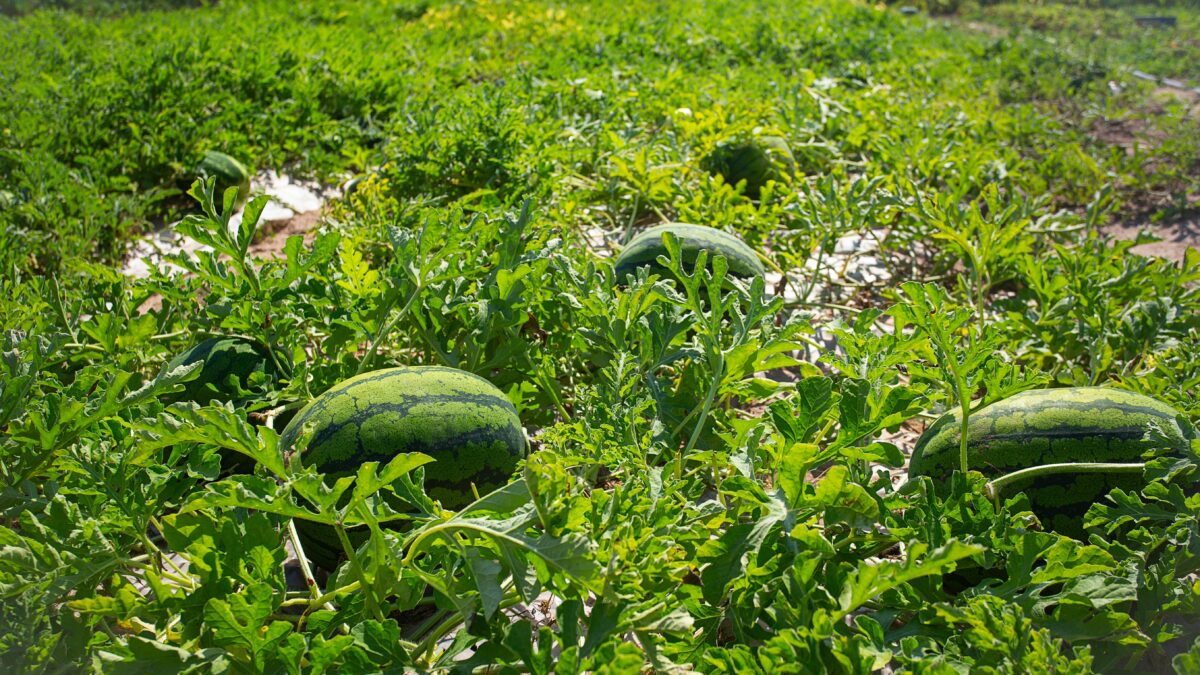Soil moisture sensors and sensors monitoring climatic and soil parameters are now enabling farmers to make data-driven decisions for the efficient use of water in watermelon cultivation. Watermelon is an important crop in Greece, with high irrigation demands. The use of modern technologies in this agricultural practice can help reduce production costs and environmental impact, while improving both yield and quality.
In the case of irrigation, smart farming systems include a combination of high-precision sensors, innovative methodologies, and even satellite data, which are processed by specialised experts into reliable information, allowing producers to make informed decisions and achieve optimal water management.
On the one hand, meteorological stations continuously record a region’s microclimate data (temperature, relative humidity, solar radiation intensity, wind speed, etc.), providing a precise picture of water that is lost to ground evaporation or plant transpiration (evapotranspiration). On the other, soil moisture sensors provide vital data on the depth and distribution of plant root systems and available groundwater.
In response to excessive water use in watermelon cultivation, farmers have installed sensor systems that measure irrigation volume along with climate and soil data. These stations continuously collect and transmit data online. Users can monitor weather conditions and irrigation volume remotely and also receive irrigation recommendations. A key feature of the system is the ability to remotely control irrigation valves via the internet, allowing irrigation management without the farmer being physically present in the field. This technology helps farmers reduce the volumes of water used in watermelon cultivation while also increasing fruit quality and maintaining quantity at levels on par with traditional farming practices.










